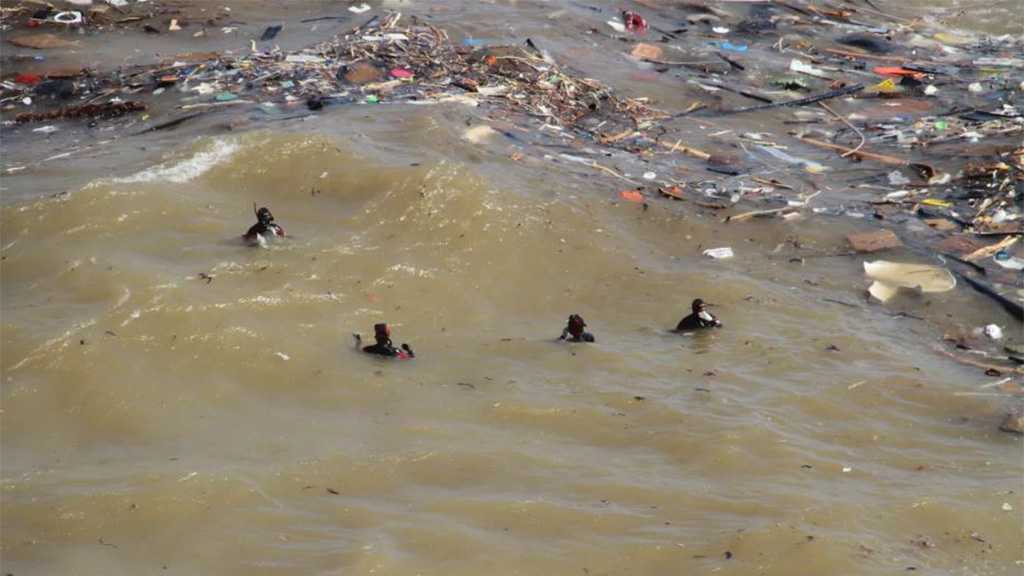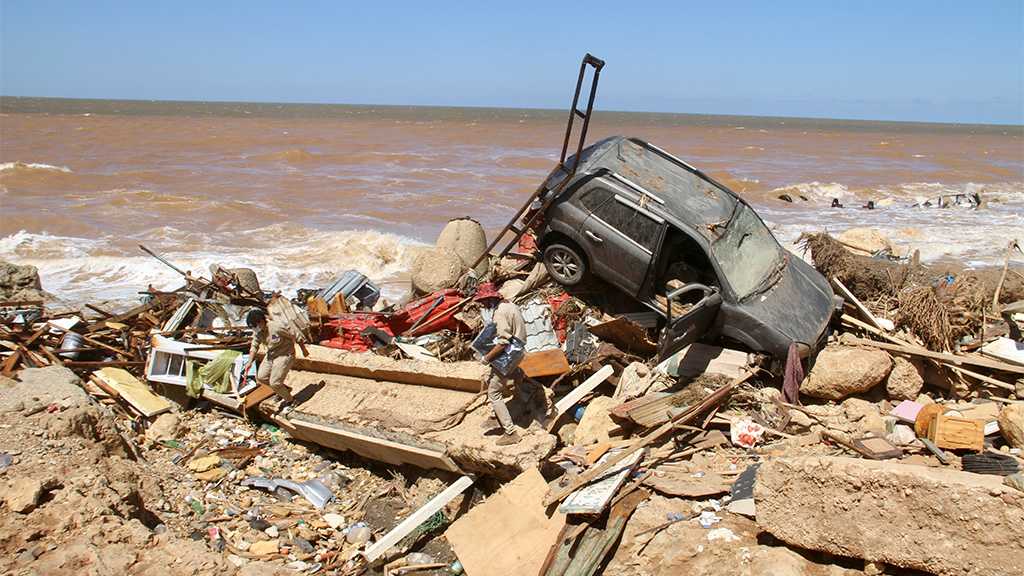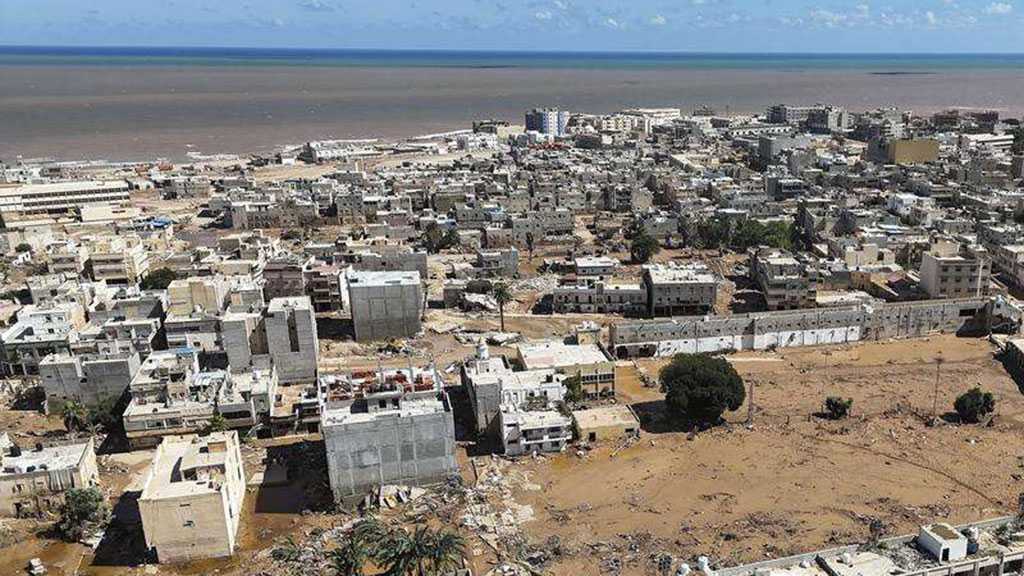UNICEF: Migrants Abused, Starved in Libyan «Hellholes»
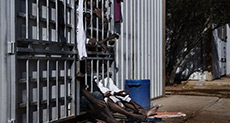
Local Editor
The United Nations children's agency [UNICEF] said Tuesday that women and children making the dangerous journey to Europe to flee poverty and conflicts in Africa are being beaten, abused and starved in Libya's "living hellholes".
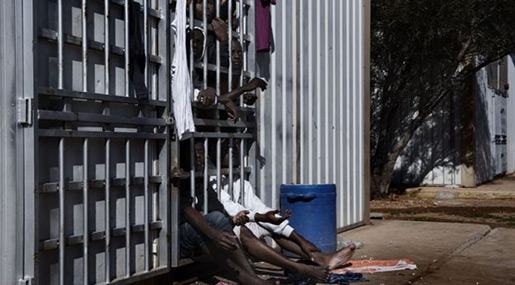
The Mediterranean Sea between Libya and Italy had become the main crossing point for asylum seekers and economic migrants seeking a better life in Europe, after a clampdown on sea crossings from Turkey.
There were a quarter of a million migrants in Libya as of last September, most of whom languish in unsanitary, disease-ridden detention centers which UNICEF described in its report as "no more than forced labor camps ... and makeshift prisons".
Armed groups had taken effective control of official detention centers for migrants amid the political chaos that now reigns in Libya and they also run their own centers, competing and cooperating with criminal gangs and smugglers, according to the United Nations.
"For the thousands of migrant women and children incarcerated, [the centers] were living hellholes where people were held for months," the UNICEF report said Tuesday.
In interviews with more than 100 women and children, nearly half said they had been abused several times during their journey, it said. Most of the children said they were beaten by adults along the way, with girls suffering more abuse than boys.
"Here [in the detention center] they treat us like chickens. They beat us, they do not give us good water and good food," said Jon, a 14-year-old boy who traveled alone from Nigeria to escape the militant group Boko Haram.
"So many people are dying here, dying from disease, freezing to death," he was quoted as saying in the report.
UNICEF said women and unaccompanied child migrants rely on people smugglers to get to Europe, often under a "pay as you go system", leaving them vulnerable to exploitation, trafficking and violence.
Smugglers typically demand thousands of dollars from migrants for a risky journey across the desert before cramming them onto ill-equipped boats for a perilous crossing of the Mediterranean.
"The route is mostly controlled by smugglers, traffickers and other people seeking to prey upon desperate children and women who are simply seeking refuge or a better life," said Afshan Khan, head of UNICEF's refugee operations in Europe.
Having largely closed off sea crossings between Turkey and Greece last year, the European Union [EU] is searching for ways to stem the flow of migrants from Libya.
Source: News Agencies, Edited by website team


